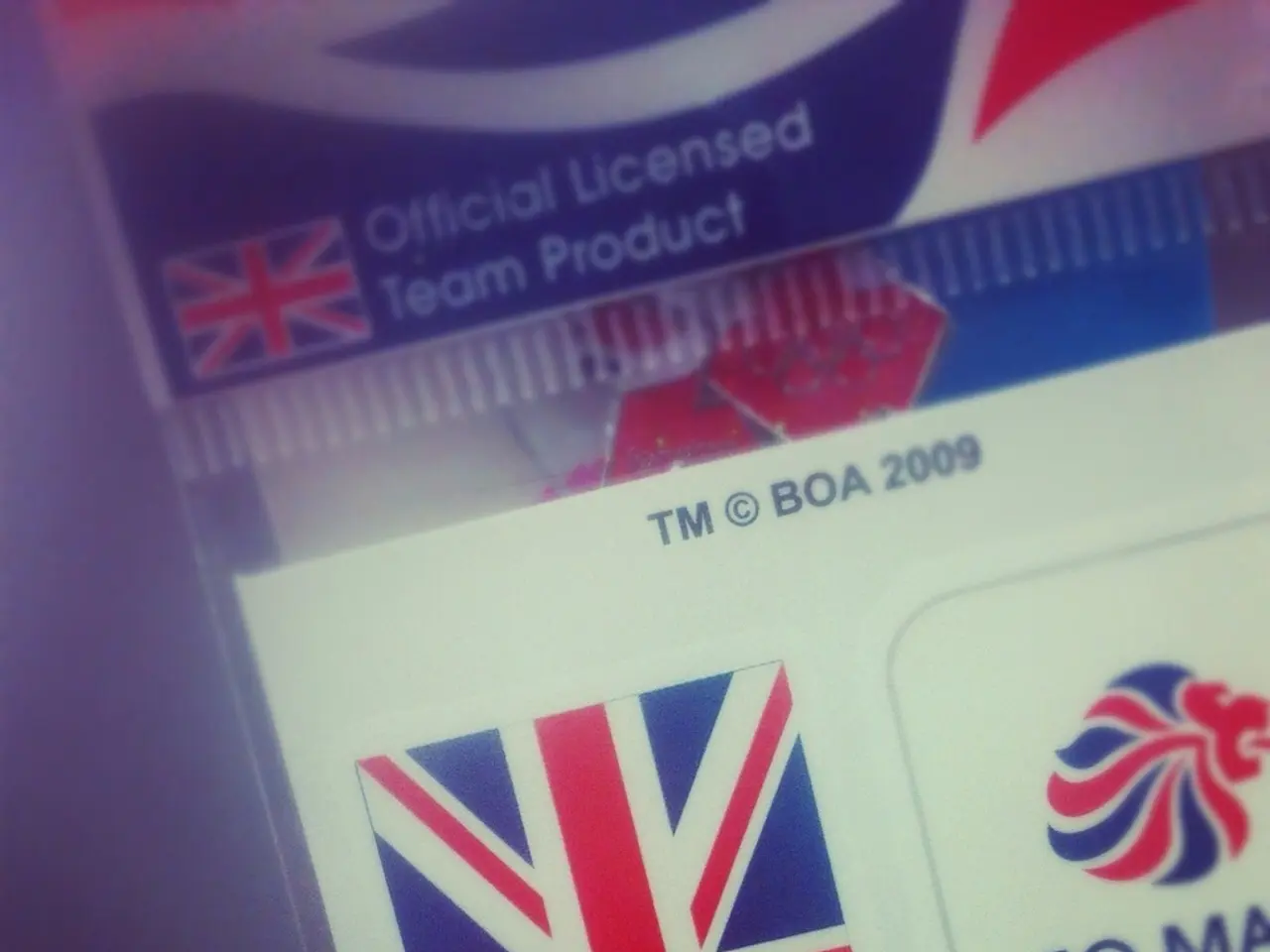Information on Alberta's iGaming Law: Essential Knowledge for Gamers and Interested Parties
Alberta is set to enter the digital gambling market with the passing of the iGaming Act, also known as Bill 48. The legislation, which is currently undergoing detailed legislative scrutiny, aims for an early 2026 launch [1][3].
The Act establishes Alberta's transition from a PlayAlberta monopoly to a competitive online gambling market, regulated by the Alberta Gaming, Liquor & Cannabis Commission (AGLC) and overseen operationally by a new Alberta iGaming Corporation (AIC). Key provisions include private operator licensing, regulatory safety measures, and targeted campaigns to move players away from unregulated offshore sites [1][3].
In contrast, Ontario pioneered commercial iGaming regulation much earlier. The province's regulated commercial online sportsbooks and casinos officially launched in 2022 [2]. Ontario’s system features the Alcohol & Gaming Commission of Ontario (AGCO) as the governing body, with iGaming Ontario licensing operators, supporting a large and mature competitive market generating billions in annual revenue [2].
Alberta’s iGaming Act closely models Ontario’s framework by opening the market to licensed private operators under provincial oversight, aiming to replace monopoly and informal grey markets with a regulated environment. However, Alberta’s market launch is still pending final legislation and regulation completion targeted for 2026, whereas Ontario has fully operational regulated iGaming [1][2][3].
The AGLC will regulate the market and operate PlayAlberta, while the Alberta iGaming Corporation will manage licensing, regulation, and day-to-day operations of the province's private online gambling sector. A new Alberta iGaming Corporation will also manage relationships with licensed private operators [1][3].
Operators should draft anti-money laundering (AML) frameworks, as Alberta is likely to adopt Ontario's tough AML standards [1][3]. The proposed regulations will likely mirror best practices in Ontario, requiring incident response plans, third-party risk assessments, and SOC-compliant reporting [1][3].
Experts recommend operators start by getting specialist advice for the licensing process. The Act separates regulatory duties (AGLC) from operational duties (iGaming Alberta Corporation) [1][3]. The legislation does not currently outline licensing costs or tax measures for operators [1][3].
Technology will be crucial, with integrated enterprise resource planning (ERP) systems and leading-edge cybersecurity tools necessary for market leaders [1][3]. The rest of the market consists of grey-market operators, international sites that accept Albertan players without a local license [1][3]. PlayAlberta is the only legal online gambling platform under the AGLC, currently estimated to hold about 45% of the market [1][3].
In summary, Alberta’s iGaming Act represents a significant step towards a regulated, competitive online gambling sector modeled after Ontario’s market. However, timelines and regulatory structures show Alberta is following Ontario’s lead with a 3-4 year delay, adapting the model to local context and policy priorities [1][2][3].
[1] Alberta Government [2] Ontario Government [3] CBC News
- Alberta's iGaming Act, inspired by Ontario's framework, intends to establish a competitive online gambling market, overseen by the Alberta Gaming, Liquor & Cannabis Commission and the new Alberta iGaming Corporation.
- Operators in Alberta's digital gambling market will need to implement responsible gambling measures, as the province is expected to adopt Ontario's strict anti-money laundering standards and require incident response plans, third-party risk assessments, and SOC-compliant reporting.
- Once the iGaming Act is fully implemented in 2026, Alberta will join the sports-betting and online casino scene, aiming to replace the current grey-market operators with a regulated environment, similar to Ontario's commercial iGaming market.





